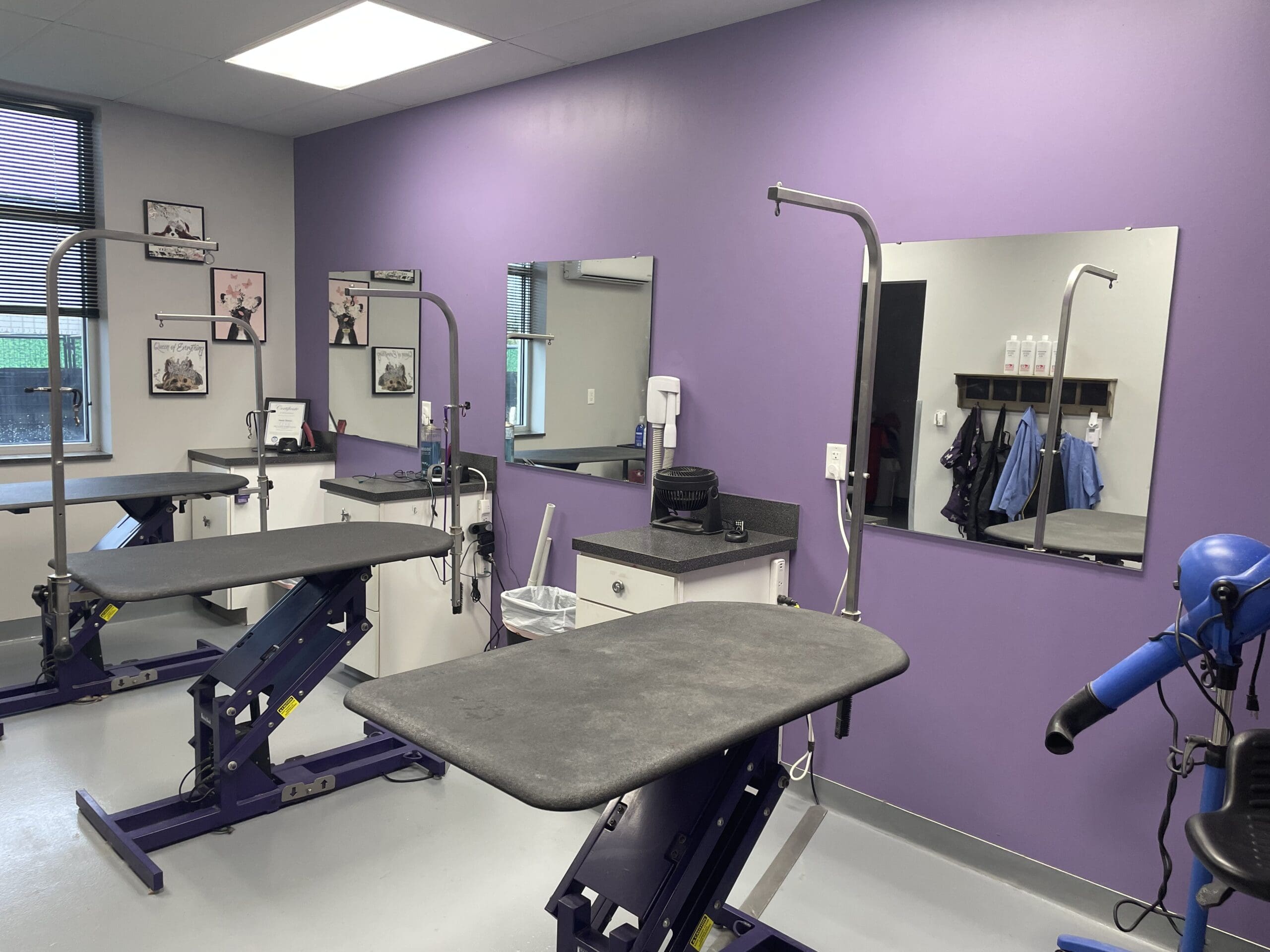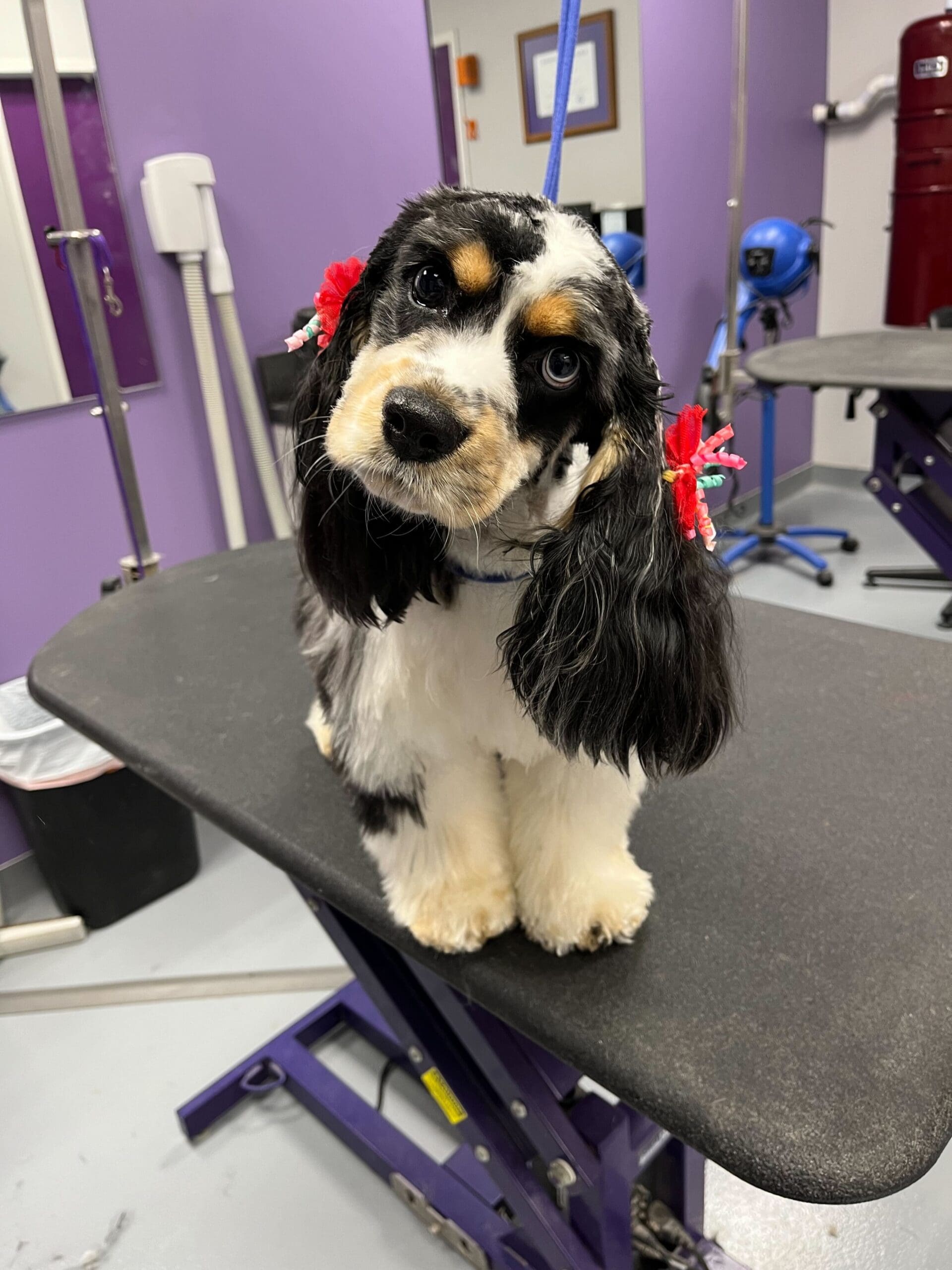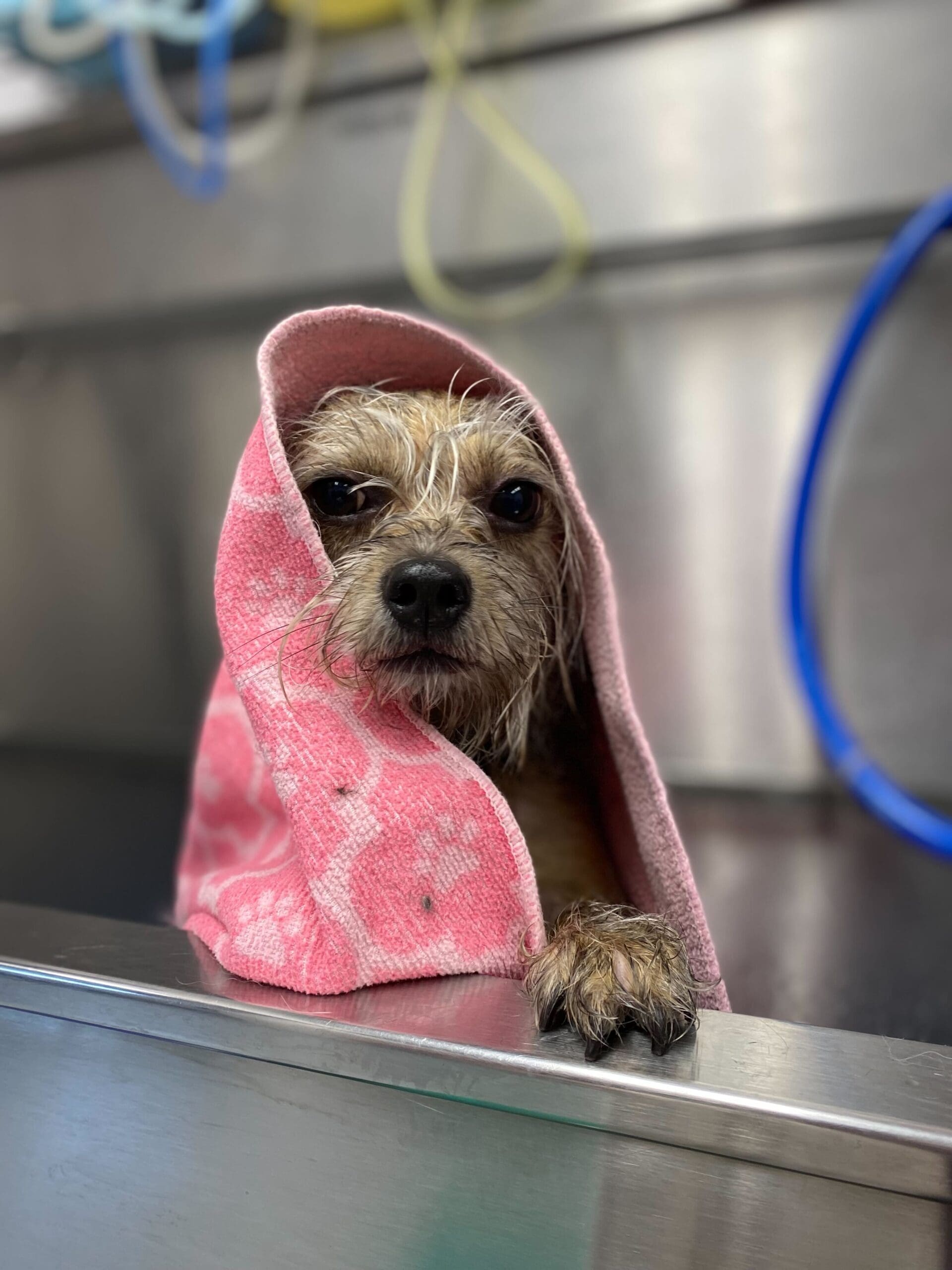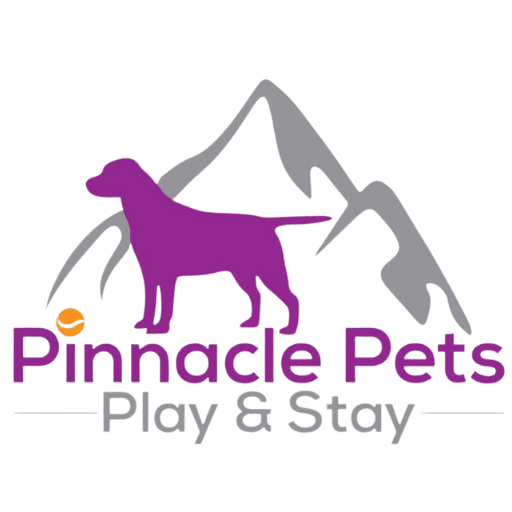
As winter comes to an end, it might be a good idea to take your furry friend to a groomer to freshen up their look and feel. However, not all grooming salons are equal, and your pet’s safety should always be a top priority. To make an informed decision for you and your pet, knowing what to look for and what questions to ask when selecting a grooming salon and groomer is crucial.
Here are some questions you should consider when looking for a salon:
1. Is The Salon Trustworthy?
The first step is finding a trustworthy grooming salon. Is the salon certified by a grooming school or academy? Ohio does not require that grooming salons be certified by law. However, a salon that goes the extra mile to get a certification like the AKC S.A.F.E. Grooming Certification announces to others that they are committed to using best practices in the bathing and grooming of pets.
2. What Are The Vaccination Requirements?
Pet parents should always ask about the required immunizations for grooming their dogs. According to the American Veterinary Medical Association (AVMA), it is best practice to fully immunize dogs that come into contact with other dogs. Some infectious diseases, like Bordetella, can spread quickly from dog to dog through the air when another dog coughs, sneezes, or barks and do not require physical contact. Some salons do not have any immunization requirements, which can be worrisome since there is typically more than one dog at a time in a grooming salon. What are the salon’s cleaning protocols? Do they sanitize equipment and tables between dogs to prevent the spreading of infection, disease, ticks, and fleas?
3. What Does The Salon Look Like?
Some grooming salons allow for tours. If you are going for a tour, take note of the smell of the grooming salon. It is usual for a faint odor of wet dogs, but it shouldn’t be overwhelming. Any foul odors may indicate poor cleaning techniques or a poor ventilation system.

4. What Training Do The Groomers Have?
Many individuals who wish to become groomers choose to receive training through an accredited grooming school, while others prefer to learn on the job. It is important to note that most states, including Ohio, do not require groomers to be licensed. However, groomers who obtain certification through an accredited grooming school demonstrate their commitment to their profession. Another sign to look for in a good groomer is their commitment to continuing education through conferences, trade journals, and additional certifications.
5. How is The Communication?
Effective communication with your groomer is crucial to getting the desired outcome for your pet’s grooming needs. Establishing an open dialogue with your groomer is vital to ensure you can convey any essential details about the type of groom you desire.
6. What Do Other Pet Parents Say?
When choosing a groomer for your dog, many owners rely on recommendations from friends, family, or online reviews. It’s also good to check with your veterinarian, as they can provide valuable insight and information. While accidents can happen with sharp scissors and wiggly pups, your vet can advise you if they have noticed any concerning trends or an abnormal number of injuries associated with a particular salon.
7. What Safety Protocols are in Place?
A frequently overlooked aspect of your dog’s grooming experience is the quality and safety of the groomer’s equipment and supplies. Drying Kennels should be large enough that the dog can stand and turn around in the enclosure. A temperature alarm should be in working order if the salon has heated dryers. The washing system should have an inline temperature regulating system to prevent scalding. Clipper blades and scissors should be sharpened regularly to prevent tugging while being trimmed. Bathing tubs and tables should be stable to avoid slippage or fall.
8. What Personalized Care and Products do They Offer Your Dog?
Dogs have different types of skin and fur, which means that they require different grooming products. Most pet groomers have a range of shampoos and conditioners to suit various skin and coat types. These products are usually purchased in a concentrated form. Some groomers dilute the concentrate manually, while others use automatic systems to mix the shampoo/conditioner to the correct concentration. However, it is essential to ensure that the end product is of the appropriate concentration to avoid any harm to the skin and coat of the dog.
9. What is “Included” with Your Groom?
Additional questions to ask include the cost of services. For example, is the cost of the groom/bath all-inclusive (i.e., cleaning teeth, ears, and nails), or is it a la carte, with each service priced separately? When your groomer trims your dog’s nails, do they also Dremel them, or is it an extra charge?
Finding the right salon and groomer for your pup requires research. Knowing what to look for and which questions to ask is a good starting point.

